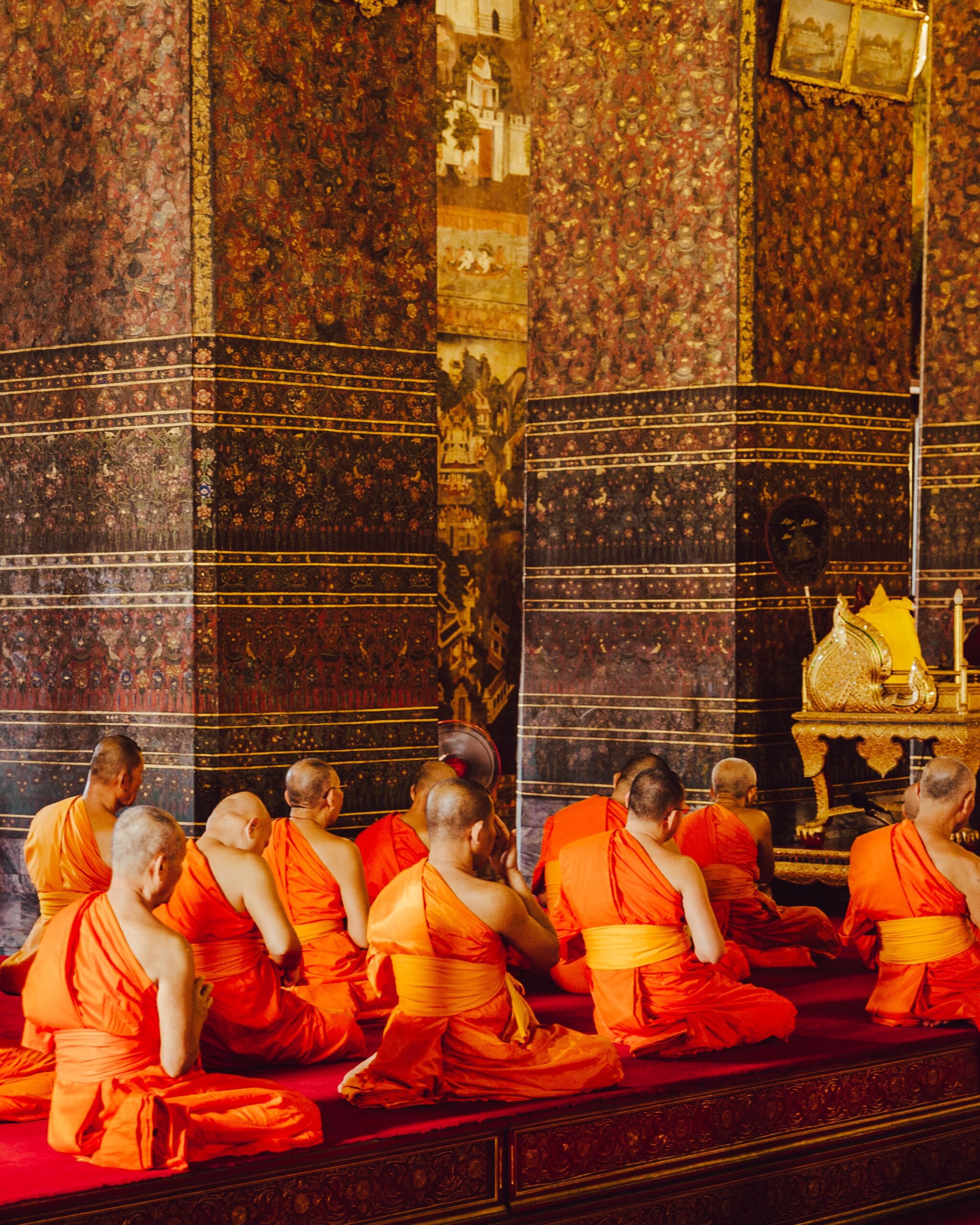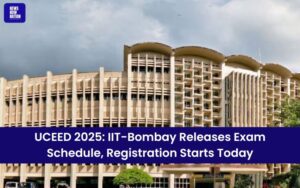
India’s Contributions towards Education: Past, Present, and Future
Education has always been a fundamental aspect of human civilization, and India has a rich legacy of contributions towards education that span thousands of years. From ancient centers of learning to modern educational institutions, India has made significant contributions to the field of education. In this article, we will delve into India’s historical contributions to education, its current status in the field of education, and its potential for future contributions.
Ancient India: Centers of Learning
India has a long-standing tradition of valuing knowledge and learning, with ancient centers of education that were renowned across the world. One of the most famous centers of learning was Takshashila, believed to have been established around 700 BCE. Takshashila was a cosmopolitan university that attracted students from different parts of the world, offering a wide range of subjects including mathematics, astronomy, politics, medicine, and more. It was known for its eminent teachers and scholars, and students from far and wide traveled to Takshashila to gain knowledge, making it one of the earliest examples of a university in human history.
Another prominent ancient center of learning in India was Nalanda, established around the 5th century CE. Nalanda was a renowned Buddhist monastery and a major center of learning that attracted scholars from all over Asia, including China, Korea, and Tibet. It was known for its vast library, which housed thousands of manuscripts, and its curriculum covered diverse subjects like philosophy, theology, grammar, logic, medicine, and more. Nalanda was a hub of knowledge and attracted students and scholars from all over the world, making it one of the most prestigious educational institutions of its time.
Contribution to the Spread of Knowledge
India’s contributions to education were not limited to formal institutions like Takshashila and Nalanda. Ancient Indian scholars made significant contributions to various fields of knowledge that continue to influence modern education. One of the most notable contributions was the development of the decimal numeral system, which is the foundation of modern mathematics. Indian mathematicians like Aryabhata, Brahmagupta, and Bhaskara made pioneering contributions to arithmetic, algebra, geometry, and trigonometry, which laid the foundation for modern mathematical knowledge.
Indian scholars also made significant contributions to the field of medicine. The ancient text Charaka Samhita, written by the sage Charaka around the 2nd century BCE, is considered one of the earliest texts on Ayurveda, the traditional Indian system of medicine. The text covers various aspects of medicine, including anatomy, physiology, diagnosis, treatment, and more, and it continues to be studied and practiced in modern India and other parts of the world.
Colonial Era and Modern India: Resilience and Progress
During the colonial era, India’s education system underwent significant changes under British rule. The British introduced a modern system of education aimed at training Indians for administrative and clerical roles to serve the British Empire. While this system brought some benefits, it also led to the neglect of traditional Indian knowledge systems and languages.
However, India’s resilience and determination to preserve its cultural heritage and promote education persisted. After gaining independence in 1947, India made education a priority and took significant steps to expand access to education at all levels. The government established numerous schools, colleges, and universities across the country, and initiatives like the Sarva Shiksha Abhiyan (Education for All Campaign) were launched to promote literacy and improve the quality of education.
Present Scenario: Leading Educational Institutions
In recent years, India has emerged as a global leader in higher education and research. Institutions like the Indian Institutes of Technology (IITs) and the Indian Institutes of Management (IIMs) are recognized worldwide for their excellence in engineering, technology, management






